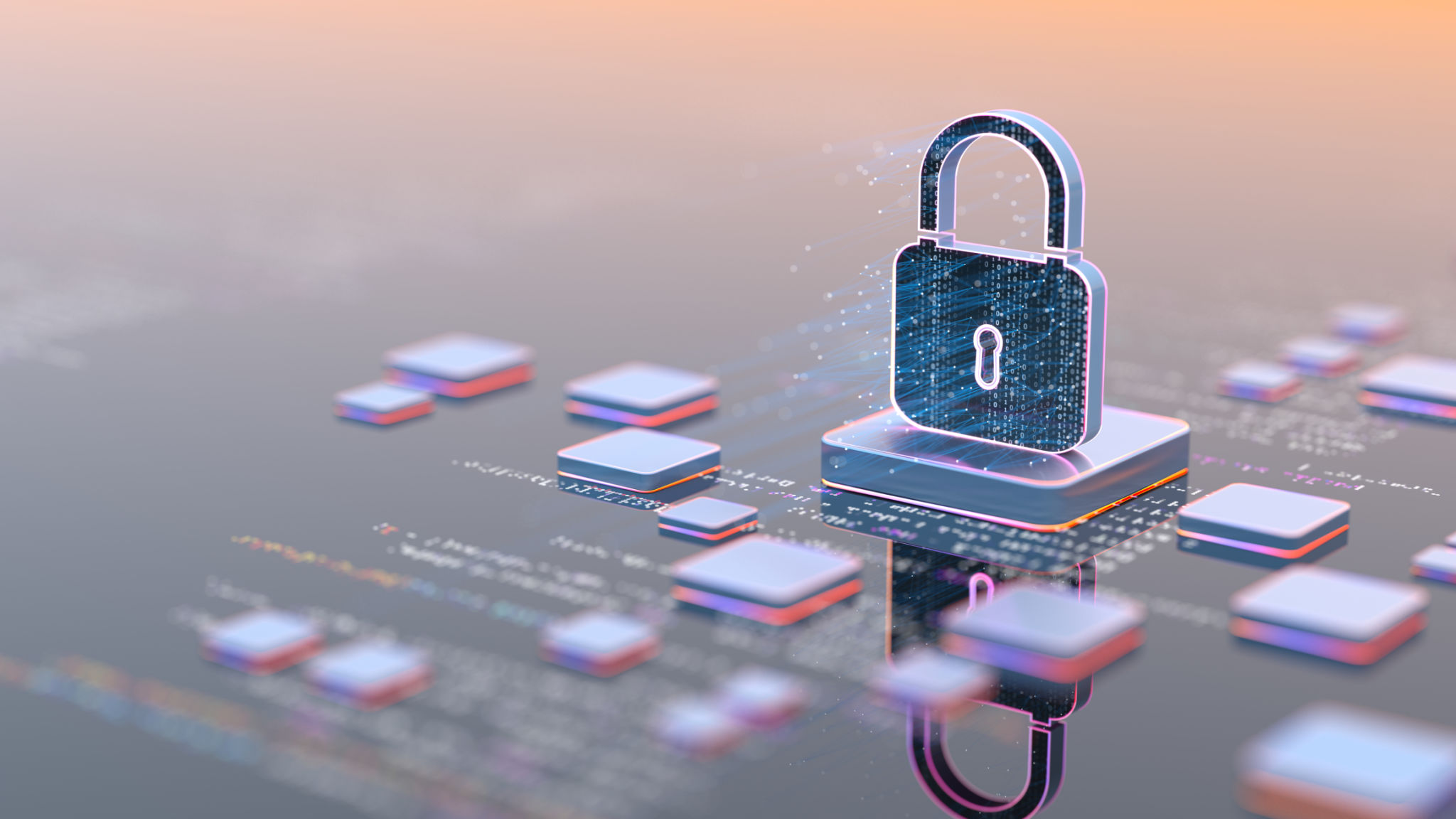Security Training Programs: Preparing Guards for Modern Challenges
Understanding the Importance of Security Training Programs
In today's rapidly changing world, security guards face a myriad of challenges that were not present even a decade ago. The need for comprehensive and up-to-date security training programs has never been more critical. These programs are designed to prepare guards for the modern threats they might encounter while on duty, ensuring both their safety and the safety of those they protect.
With the increasing sophistication of threats, from cyber-attacks to physical confrontations, security personnel must be equipped with the right skills and knowledge. A well-structured training program not only enhances their ability to respond effectively but also builds confidence and professionalism.

Key Components of Modern Security Training
Modern security training programs are comprehensive and cover a wide range of topics. Here are some key components that are essential in preparing guards for the challenges they may face:
- Physical Training: This includes self-defense techniques and fitness training to ensure guards can handle physical confrontations.
- Technical Skills: With technology playing a significant role in security, guards must be familiar with surveillance systems and cybersecurity basics.
- Emergency Response: Training in first aid, evacuation procedures, and crisis management is crucial for handling emergencies effectively.
The Role of Technology in Security Training
Technology has transformed how security training is conducted. Virtual reality and simulation-based training allow guards to experience realistic scenarios in a controlled environment. This type of training helps them to react swiftly and appropriately in real-life situations without the risk of actual harm.
Moreover, online courses and e-learning modules have made it easier for guards to access training materials at their convenience. This flexibility ensures that they can stay updated with the latest industry practices without disrupting their work schedules.

Enhancing Communication Skills
Effective communication is a cornerstone of security operations. Guards must be able to communicate clearly and assertively, whether diffusing a tense situation or coordinating with team members. Training programs now focus heavily on developing these skills, incorporating role-playing exercises and feedback sessions to improve verbal and non-verbal communication abilities.
Additionally, understanding cultural differences and practicing empathy can significantly enhance a guard's ability to interact with diverse groups of people, fostering a safer and more inclusive environment.
The Impact of Continuous Learning
Security is an ever-evolving field, and continuous learning is vital for staying ahead of new threats. Regular workshops, seminars, and refresher courses are integral parts of a guard's professional development. These opportunities not only update their skills but also keep them motivated and engaged in their roles.
Organizations that invest in ongoing training for their security personnel often see a significant improvement in performance and job satisfaction. It creates a culture of excellence where guards feel valued and empowered to protect effectively.

Conclusion: Preparing for the Future
As the landscape of security continues to evolve, so too must the methods we use to train those who guard our safety. By implementing robust security training programs that address both current and emerging challenges, we can ensure that our security personnel are well-prepared to meet any threat head-on.
The commitment to comprehensive training not only enhances the capabilities of individual guards but also contributes to the overall safety and security of communities worldwide. Investing in these programs is an investment in a safer future for all.